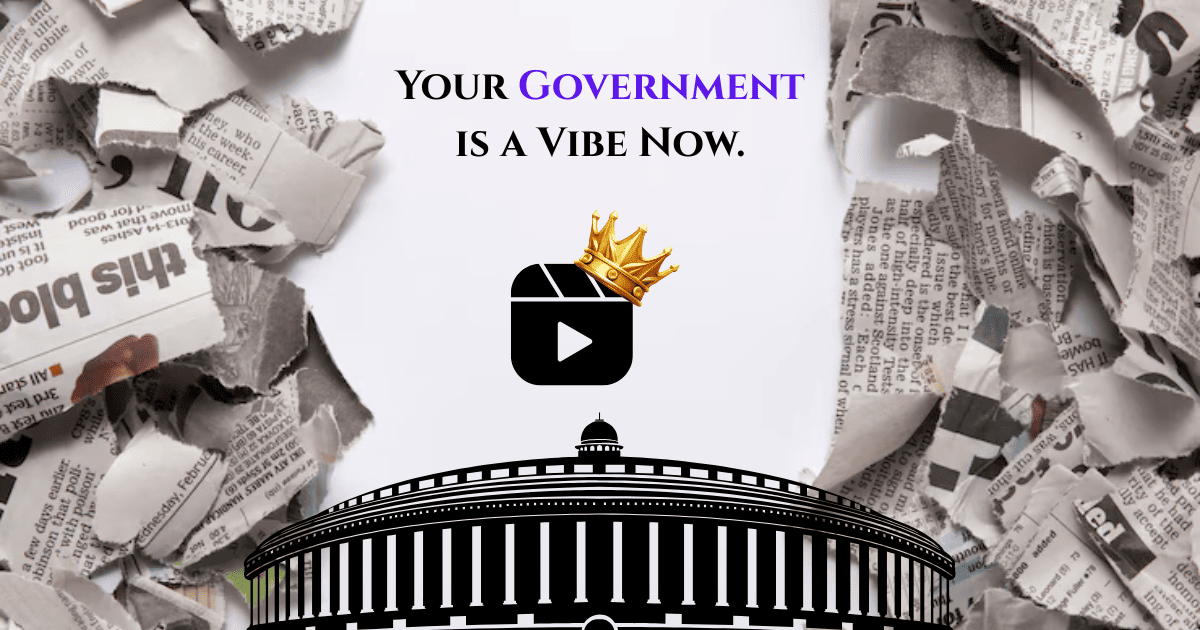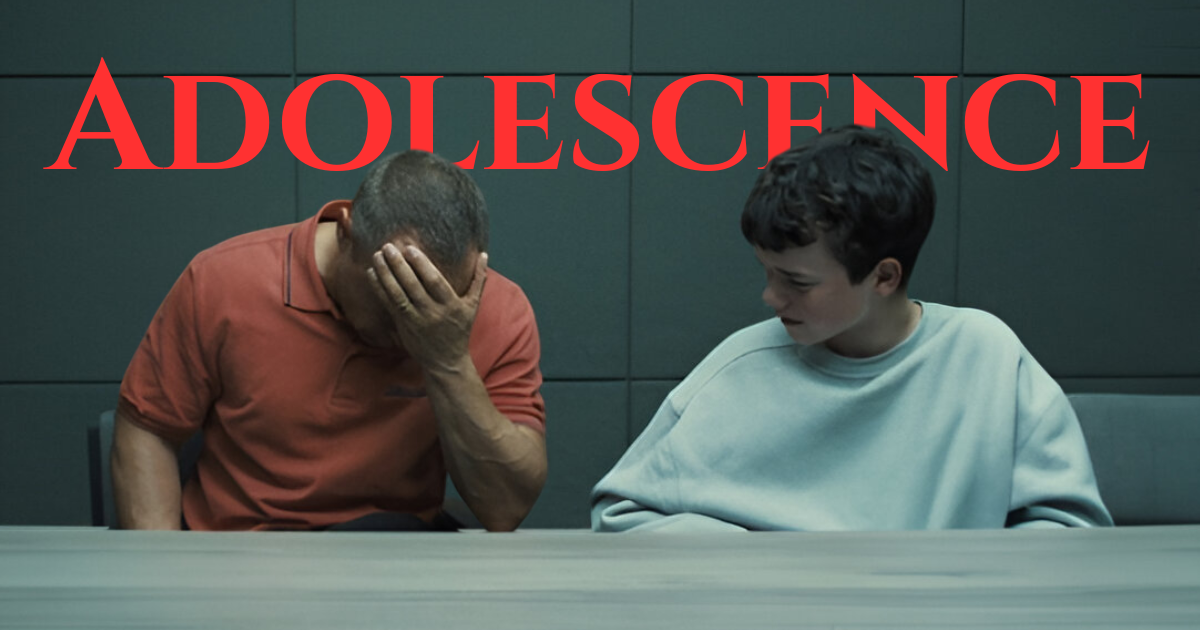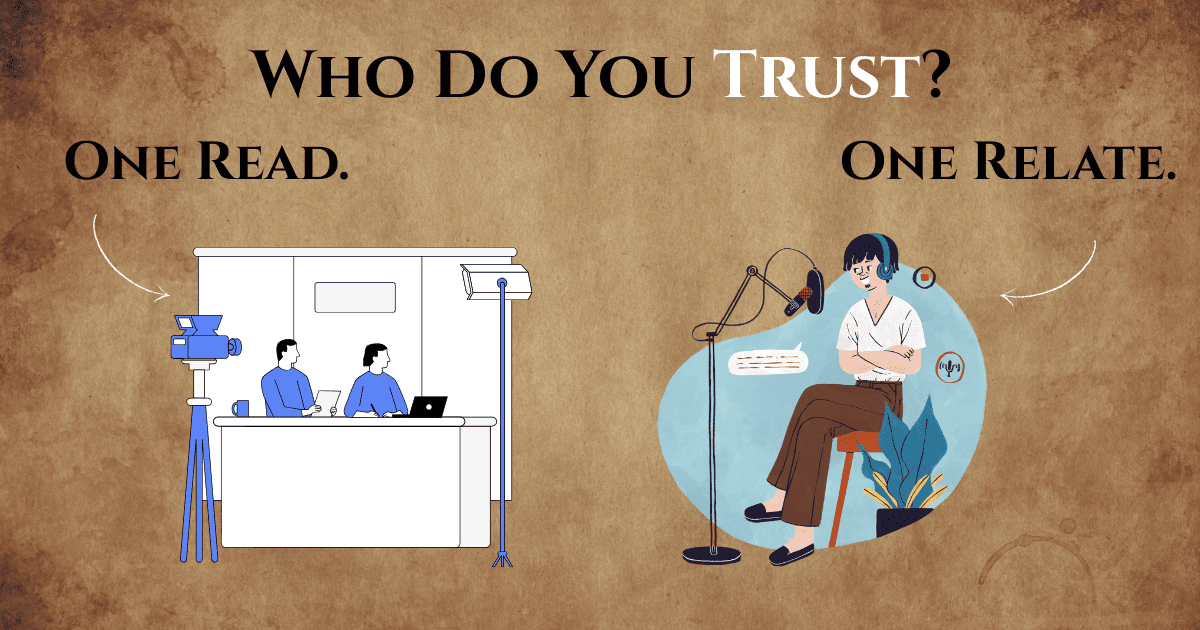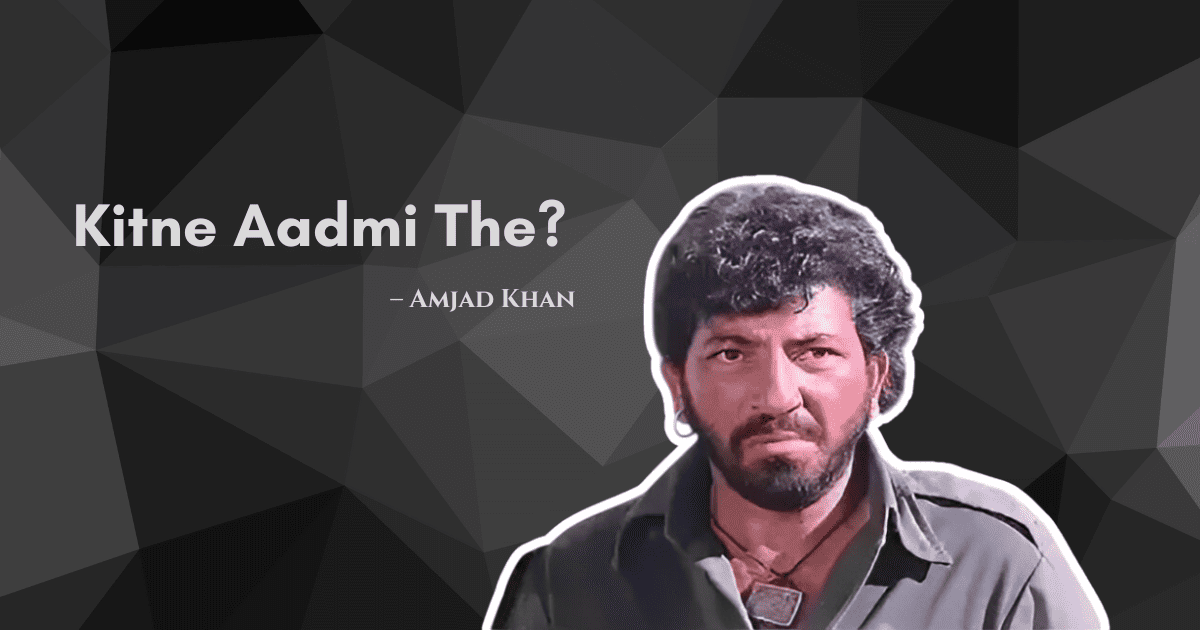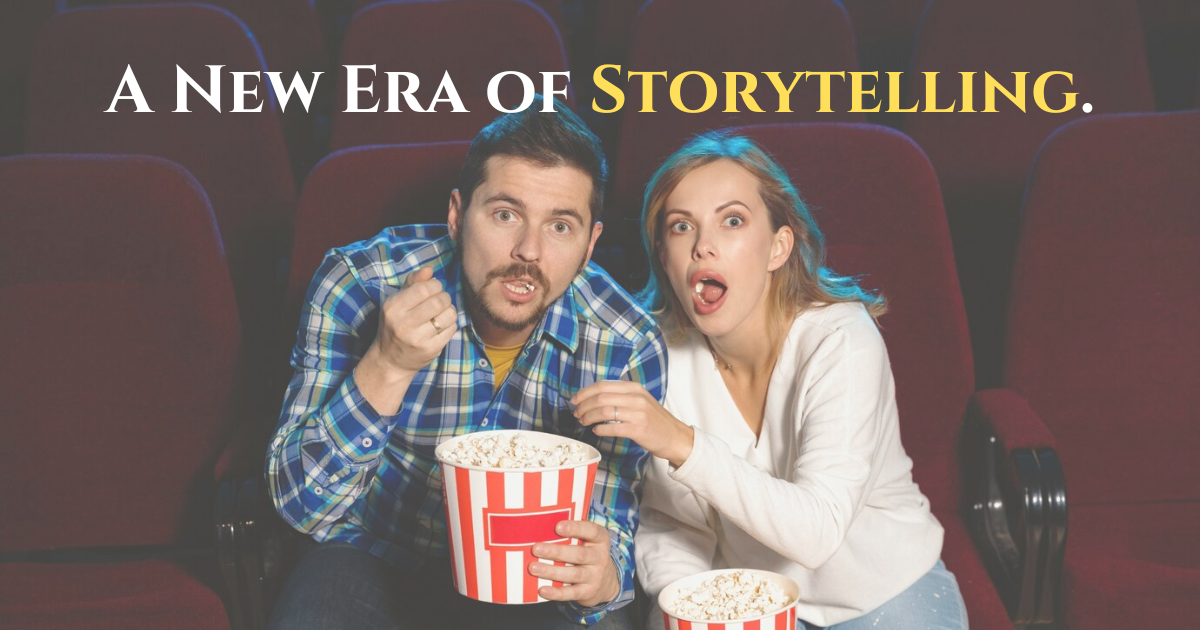Pop culture isn’t just entertainment anymore—it’s how people form political opinions. Here’s how memes, music, and influencers are shifting power.
Intro:
Ten years ago, politics lived in newsrooms and campaign rallies.
Today, it lives in reels, rhymes, and reaction videos.
Welcome to a new reality—where pop culture isn’t just shaping trends, it’s shaping political thought.
This isn’t speculation. It’s happening, right now, in your feed.
Politics Used to Be Policy. Now It’s Perception.
In the past, understanding politics meant tuning into debates, scanning editorials, and digesting data.
Now, a viral meme or trending reel can spark nationwide discourse in a matter of hours.
What used to be a carefully structured narrative now competes with 15-second satire, spoken-word protests, and “subtle” influencer posts carrying not-so-subtle messages.
The Meme Era: Faster Than News, Louder Than Law
A single satirical meme on government policy can shape opinions faster than any official press release.
The younger audience isn’t fact-checking manifestos—they’re sharing parody reels and summarizing entire movements in captions.
This might sound alarming, but it’s how culture evolves.
And right now, culture is political.
Music as Protest. Fashion as Statement. Content as Campaign.
Modern youth culture isn’t separate from socio-political issues—it’s fueled by them.
In India, for example, the desi hip-hop scene has become a canvas for artistic rebellion—raising questions about identity, class, and power, not through speeches, but verses.
Fashion drops inspired by slogans, influencers doing makeup tutorials with protest soundtracks, or dance reels choreographed to politically-charged lyrics—these are new forms of dialogue.
Influencers Are the New Public Figures
Influencers aren’t just promoting products—they’re framing narratives.
Sometimes intentionally. Sometimes not.
But the result is clear: an Instagram Story with a bold message often reaches more youth than a televised election rally.
This doesn’t mean voters are misinformed. It means they’re informed differently.
In a world where attention is power, platform > position.
India’s Cultural Shift: Beyond the Old Guard
While global pop culture is loud and dominant, India is going through its own revolution.
From underground music scenes to independent creators and socially-driven comedians, there’s a rising wave of artists who are political by default—even if not by design.
They’re not shouting party names.
They’re spotlighting lived reality—urban grind, language politics, digital disparity, class conflict.
And their audiences? Not just watching. Listening. Sharing. Shaping.
Is This Dangerous—or Evolutionary?
It’s tempting to see all this as chaotic.
No gatekeepers. No fact checks. No boundaries.
But this isn’t disorder. It’s decentralization.
Power isn’t being lost. It’s being redistributed.
And with the right kind of responsibility, this shift could create a generation that’s more culturally aware, emotionally intelligent, and socially engaged than ever before.
Conclusion: Culture Is the New Constitution
Pop culture now sets the tone of public discourse.
It builds beliefs. It challenges systems. It flips narratives.
If politics is about who controls minds and emotions, then pop culture is the new parliament.
You can debate its value—but you can’t deny its power.





